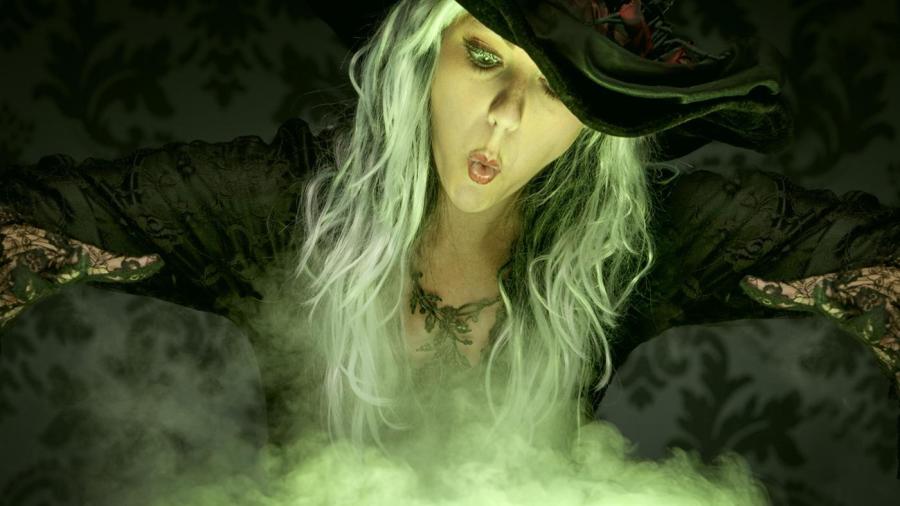Are There Real Witch Spells That Work?

While witchcraft has a place in the traditions of many religions and cultures throughout the world, there is no independently verified account of witch spells that have observable effects. In the eyes of the society, witches are not considered “real,” at least not in the sense of being able to cast spells and influence the world through supernatural means.
Mentions of witchcraft appear within the majority of world religions and cultures, especially in those societies and groups whose cultural framework includes a magical world view. Depending on the context, witchcraft can be seen as a beneficial practice, such as a medical discipline, but most Western perspectives on witchcraft portray its practice as essentially evil or sinister. There are many historical instances in which authorities have persecuted those labeled as witches, usually for religious reasons. Modern views on these periods have concluded that such accusations of witchcraft were not based on verified knowledge of supernatural activities, but were instead regrettable acts of superstitious persecution.
Since the Enlightenment, accusations of witchcraft have all but disappeared, as judicial authorities no longer accept accusations of such acts without substantial evidence. There have been no recorded instances in Western jurisprudence of an accusation of witchcraft being substantiated and upheld. The stigma of being a witch has therefore also all but disappeared, which has cleared the way for modern witch movements, such as the Wicca movement. Such modern witch movements draw largely on ancient pagan motifs and have no central authority. Nonetheless, there still exists no clear evidence of a witch spell with observable effects, though a person is no longer likely to be tried and burned at the stake simply for claiming that she can cast spells.





